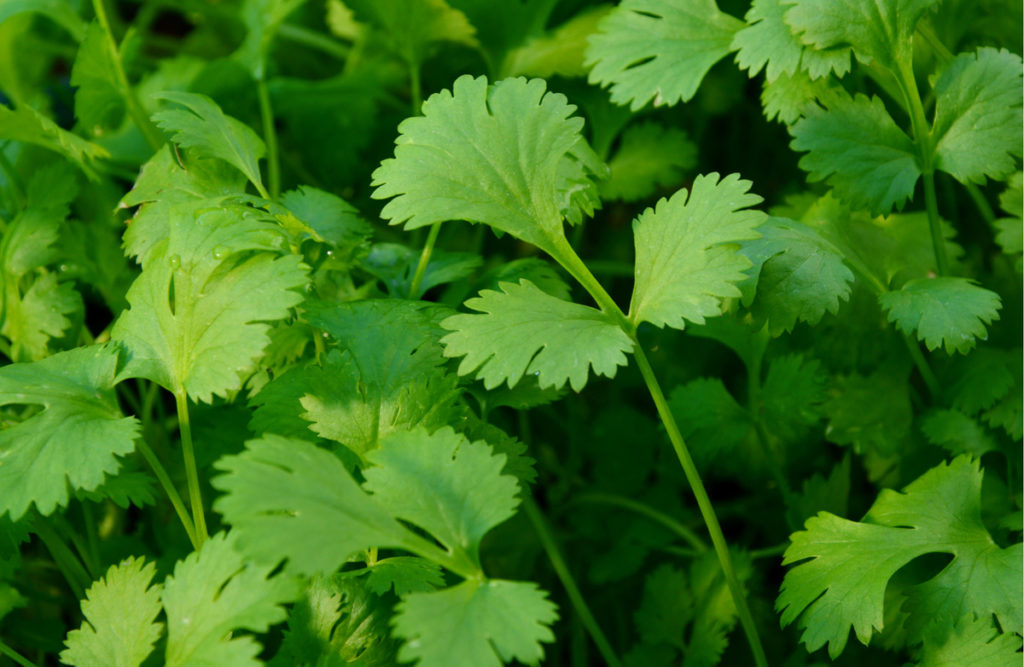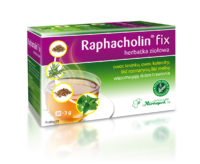(Coriandrum sativum L.)
Coriander is an annual plant of the Apiaceae family, whose properties have been known since ancient times. It was mentioned in Egyptian papyri, Sanskrit texts and the Bible. Our ancestors used it as a spice, and in the Middle Ages the coriander was used as an aphrodisiac.
In herbal medicine coriander fruit as well as essential oil are used. Fruits have a spasmolytic effect and stimulate digestion. There are two varieties of coriander, differing in the size of the fruit and the content of the essential oil. The first one is a small-fruited species, characterized by high oil content and the other is a thick-fruited variety with a lower oil content.
The oil is obtained by the steam distillation of ripe, dried and crushed coriander fruit. Its composition may vary depending on the origin of the raw material. In herbal medicine it is used mostly in liquid form, as an ingredient in oral complex preparations and in preparations for external use. Coriander oil (especially its linalool component) relaxes the smooth muscles of the digestive tract and bile ducts.
Coriander extract is a component of Cholesol, which is used for indigestion and as a mild stimulant of bile secretion.
H. Strzelecka, J. Kowalski, Encyklopedia Zielarstwa i Ziołolecznictwa, Wyd. Naukowe PWN, Warszawa 2000, p. 238-239
E. Lamer-Zarawska, B. Kowal-Gierczak, J. Niedworok, Fitoterapia i Leki Roślinne,wyd. PZWL, Warszawa 2007, p. 312-313

